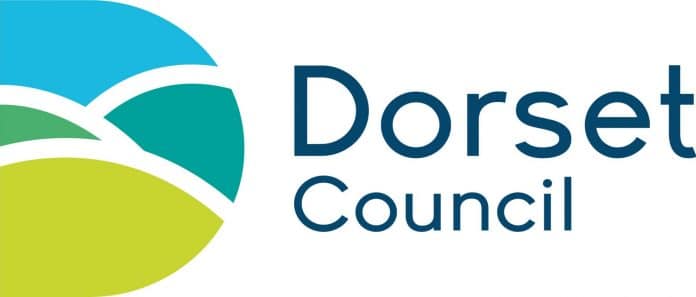Question and Statement to Dorset Council’s Annual Meeting, 3 September 2020 Under Agenda Item 10 (b)Real Living Wage for employees of Dorset Council. Submitted by: Dorset Says – Low Pay, No Way
Professor Philip Marfleet – Convenor, Weymouth and Portland Action on Wages (WeyPAW), and Jenny Lennon-Wood – Secretary, Dorset Trades Union Council
Question:Dorset Council (DC) proposes increased payments to Council members and new paid roles for members of the majority party.
Our Council appears to have ignored repeated recommendations to introduce the Real Living Wage for its employees and those working for its contractors. Dorset is a low-wage county: we need urgent action to address a crisis of poverty wages and declining social mobility. Why is DC directing funds to its senior members while thousands of Council workers and others struggle to make ends meet?
Statement: Over a year ago, local organisations urged DC to tackle poverty incomes and declining social mobility:- Declare its public commitment to meet legal requirements on the National Minimum Wage, Equal Pay for women, and terms and conditions of employment – and expect this of its contractors.- Prepare to introduce the Real Living Wage (£9.30 an hour) and encourage others to follow suit. Take the lead in educating our young people about rights at work.Our proposals were referred to the Executive Advisory Panel on Economic Growth, to which we gave a presentation in September 2019. Having heard nothing from the Panel, we raised questions at the Council’s meeting in February 2020 and were informed that the issues would be considered during development of the Council’s Economic Growth Strategy (EGS). The Cabinet has apparently approved this Strategy without the benefit of democratic debate by Full Council. There are no proposals to introduce the Real Living Wage; meanwhile, senior Council members are to be appointed to new paid positions, increasing the annual cost of councillors’ fees by over £100,000.DC has undertaken a preliminary assessment of the implications of introducing the Real Living Wage – yet the EGS contains no evidence of practical measures to address the injustice of low pay. Almost a third of jobs in the Council’s area pay less than the Real Living Wage: in Weymouth and Portland this rises to 48%, the second-worst record in the country (government figures).
Many of Dorset’s low-paid jobs are in tourism and retail – among the sectors hardest hit by the COVID crisis. Termination of the government’s Job Retention Scheme could have a devastating impact. HMRC recorded claims to furlough a third of all eligible jobs in Dorset by the end of July – around 51,600 potential redundancies. Dorset is likely to be one of the areas worst affected by the COVID crisis – its low wages making many families vulnerable.
Cornwall shares many economic problems with Dorset. Its Council introduced the Real Living Wage for all employees in 2015. Why can’t DC do the same?DC should abandon plans to increase payments to councillors.
Instead, let’s work together to make Dorset a Living Wage County.
Rich Shrubb







